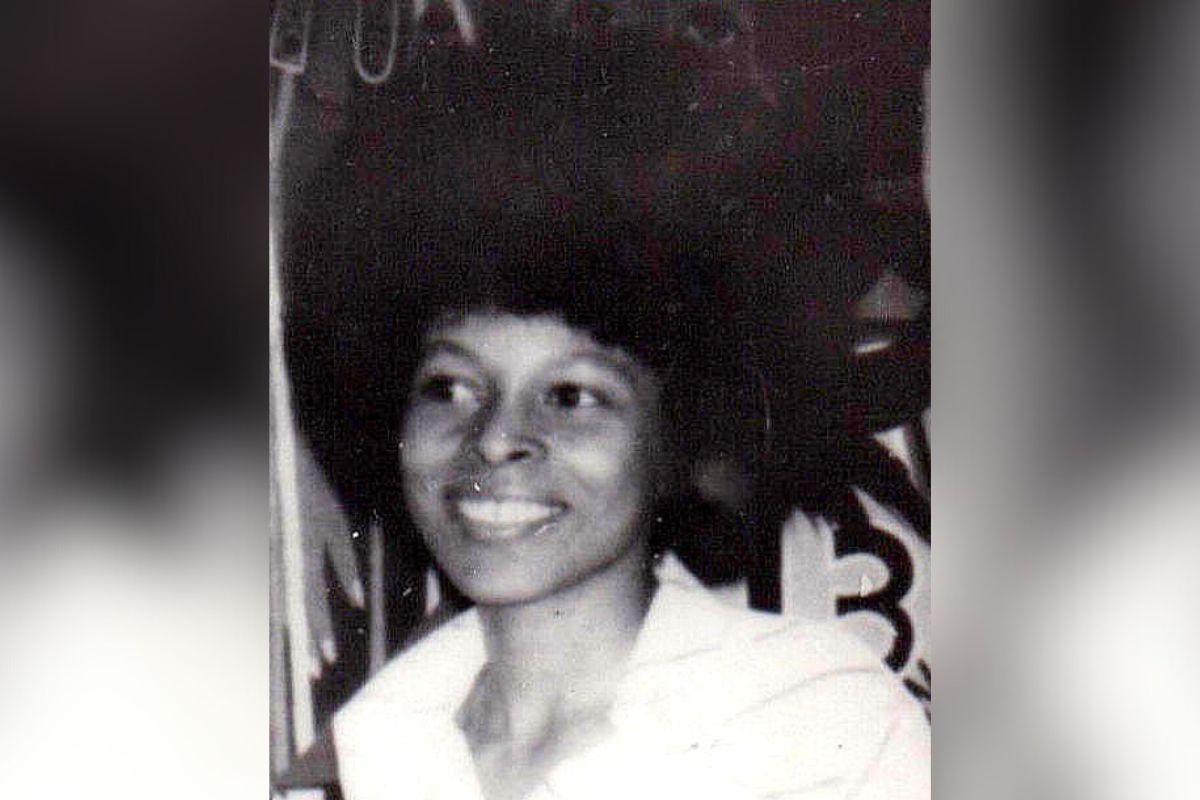Assata Shakur died Thursday in Havana at age 78, closing the chapter on a life that bridged Black liberation movements and Hip-Hop consciousness across generations.
Cuban officials confirmed Shakur’s death in a statement, citing “health ailments and her advanced age” as the cause, according to Cuba’s Ministry of Foreign Affairs.
Born JoAnne Deborah Byron in 1947 and later known as JoAnne Chesimard, Shakur became one of the most recognizable figures of radical activism in the 1970s.
A former member of the Black Liberation Army, she was convicted in 1977 for the 1973 killing of New Jersey State Trooper Werner Foerster during a traffic stop on the New Jersey Turnpike. She escaped from prison in 1979 and resurfaced in Cuba, where she was granted political asylum in 1984.
Her escape and exile turned her into a polarizing figure — a revolutionary to some, a fugitive to others. In 2013, the FBI added her to its Most Wanted Terrorists list, offering a $2 million reward for her capture.
She was the first woman ever placed on that list.
Shakur’s influence stretched beyond politics into Hip-Hop, where her legacy became embedded in the genre’s social and political roots.
As the step-aunt and godmother of Tupac Shakur, her ideology helped shape the voice of one of rap’s most iconic figures. Tupac paid tribute to her in his 1991 track “Words of Wisdom,” connecting her revolutionary stance to the emerging narrative of conscious rap.
Common honored her in his 2000 track “A Song for Assata,” featuring CeeLo Green. The song drew directly from her life story and featured lyrics like: “I’m thinking of Assata, yes / Listen to my love, Assata yes / Your power and pride is beautiful / May God bless your soul.” Common later explained, “I read this sister’s story, [and] knew that it deserved a song.”
Her story also resonated with Public Enemy, whose politically charged lyrics often echoed her themes of resistance and systemic injustice. Chuck D and other conscious rap voices saw her as a symbol of defiance that mirrored Hip-Hop’s origins as a tool for protest.
Queen Assata 🙏🏿 did not transition in the acid raceflux of the belly👊🏿 pic.twitter.com/2rYzlcJGBO
— Chuck D (@MrChuckD) September 26, 2025
Shakur joined the Black Liberation Army in the early 1970s, a group that advocated armed resistance against what they viewed as racial oppression. During her trial, she insisted she was innocent and targeted because of her activism.
In Cuba, she lived quietly but remained active in political thought. Her 1987 memoir, Assata: An Autobiography, became essential reading for students of Black radical movements and was widely circulated among activists and scholars.
Her death ends a life that spanned the civil rights era, the rise of militant Black activism, and the cultural evolution of Hip-Hop as a platform for social commentary.
